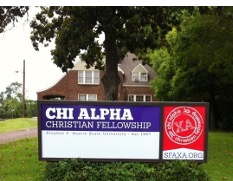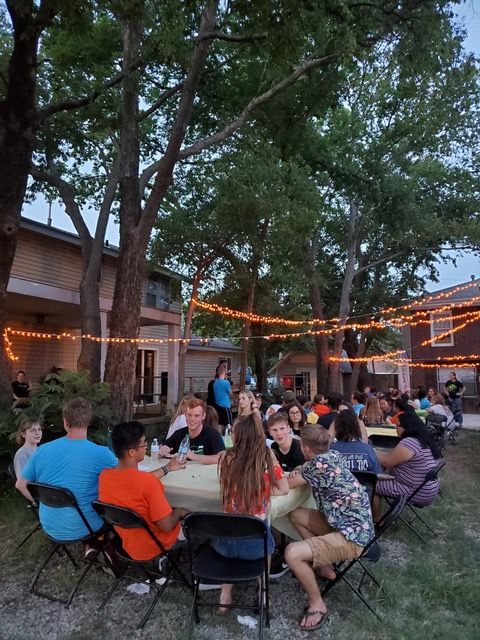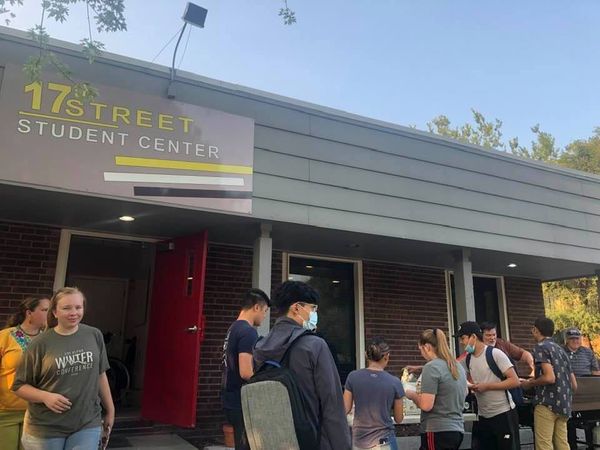Penn Epistle, December 3, 2020 by Ben Zeisloft
This is a condensed version of his article written about his university that is applicable to all of our universities.
In salvation, God miraculously transforms the heart of the Christian. As believers, we possess a newfound affection, desire, and zeal to love, revere, and serve our Lord. Through Him, we have a newfound love for others—Christians and non-Christians alike.
Taking the truth of the gospel—the good news that the Lord Jesus Christ has decisively conquered sin and death by His own death and resurrection—outside of Christian community and into the world is the best way we can love non-Christians
Like the apostle, we have been sent to a people who have not heard the name of Christ.
Many missionary organizations will label a people group as “unreached” or “least-reached” if less than five percent of its members profess Christianity. The culture of the United States is no longer an “Acts 2” culture—one that generally professes religion in a nominal sense—but an “Acts 17” culture, marked by unawareness of Christianity’s most basic truths.
Our friends around us broadly fall into this “Acts 17” category. The Barna Group estimates that only four percent of Generation Z—those born between 1999 and 2015—have a Christian worldview. Consider the additional factor of many Penn students hailing from nations outside of the gospel’s reach, and this percentage may be even lower on our campus. We would do well to recognize our present mission—proclaiming Christ to an unreached people group.
In place of Christ, secularism has become the pervasive influence among college students. Though secularism may be Penn’s dominant worldview, its dominant religion is hedonism—the pursuit of pleasure above all else. Sorrowfully, many Penn students attempt to use worldly pleasures—hookups, substances, lucrative jobs on Wall Street—to fill the chasm in their hearts.
Unsurprisingly, these efforts are unsuccessful. Instead of lasting peace, hedonism yields misery. In a recent survey, ninety-five percent of college counseling center directors in the United States reported that the number of students with significant psychological problems is growing on their campuses. Anxiety, depression, and suicide are epidemics within Generation Z and among our peers.
Ben Zeisloft is the worldview editor for the Penn Epistle, a Christian journal, and a senior studying Business Economics and Public Policy and Marketing in the Wharton School of the University of Pennsylvania.















